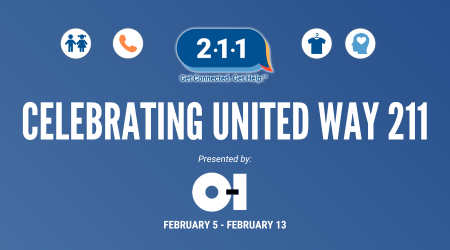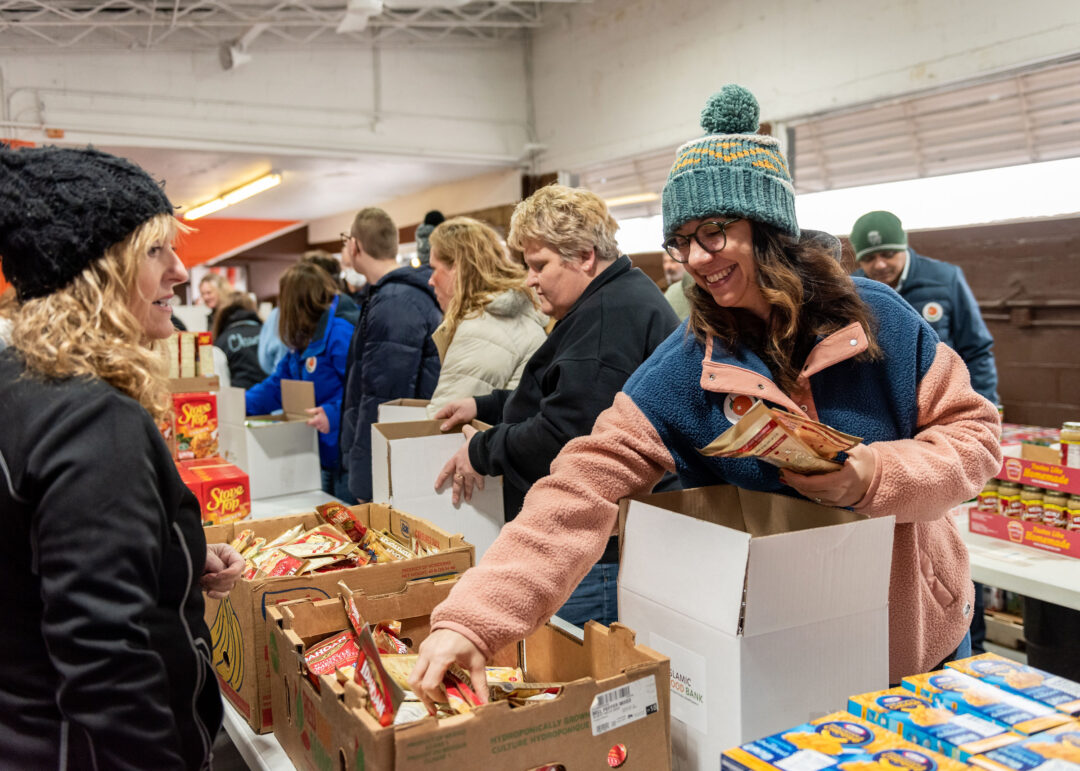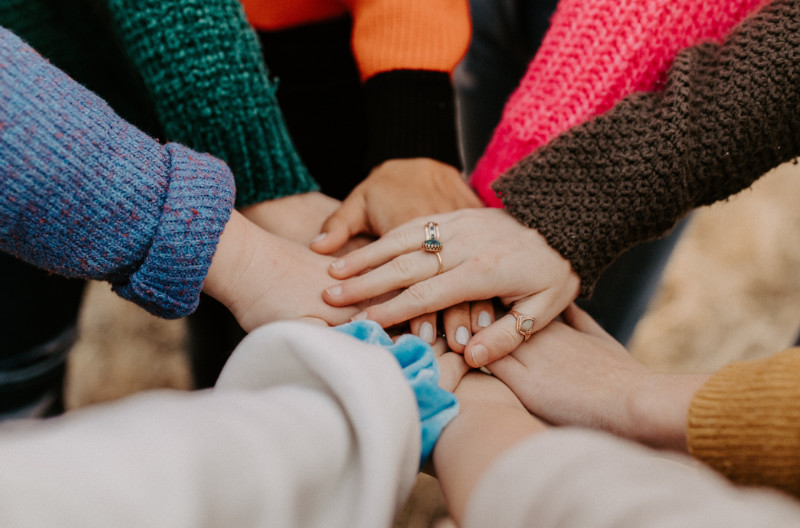John sat in the dark at the kitchen table, staring down at the two stacks of papers in front of him. Winter was upon them and the heater was running. “For how much longer?” he wondered as he picked up the most recent utility bill from one of the two stacks.
It was difficult to see in the dark, but he didn’t really want to look at the amount of money they owed anyways. He heard the jingle of keys at the front door, the sound of it open—heat escaping, cold air entering—and quickly close. His wife appeared in the kitchen entryway.
“What’re you doing in the dark, baby?” she asked. She switched on the light and walked to him, leaned down and kissed his scruffy cheek, unshaven since he’d lost his job at the factory a few weeks back.
“I’m just…” he started, made a motion at the stacks of paper in front of him, and dropped his hands. Lori sat across from him and looked down at the table. She looked from the bills, which seemed stacked higher than when she’d left for work five hours ago. Then she looked at the other stack, only two pages high.
She picked up the top page. “Dear Santa,” it started. The letter was written in her own handwriting—she’d helped write it for their three-year-old daughter, Meredith. She read the list: Dollhouse, Play-Doh, Sesame Street coloring book. Their son Alex’s, “Dear Santa letter” was written with red crayon in a five-year-old’s uneven scrawl. His wishlist was even longer.
They were letters they’d written before John had been laid off, when both stacks seemed more manageable. Lori put the letters down, reached across the table and held John’s hands.
“They won’t understand,” he said.
Lori squeezed his hands. “They will,” she said, though she didn’t truly believe it.
How do you tell two toddlers that Daddy’s home all the time because he lost his job, that Mommy isn’t home for dinner because she had to get a part-time seasonal job at the mall, that they couldn’t afford Christmas presents—not if they wanted to keep the heater running during the cold winter months?
They heard a light knock at the door.
“Who’s that at nine o’clock?” Lori asked.
“Maybe it’s Santa,” John said, forcing a weak smile.
“He got up and opened the door. It was Pete, his co-worker—former coworker, that is—from the factory.”
“Pete!”
“Hey, John,” he said. He was holding a small tin container. Lori appeared beside John. “Sorry about the hour, Lori. I was driving past and saw the light on and, well…”
“Come in,” Lori said, feeling the rush of frigid air. They went into the living room and sat. Pete fidgeted with the tin in his lap.
“Again, sorry about the hour,” he said. He offered the tin to Lori. “Deandre made some Christmas cookies. I thought maybe the kids….”
“Thanks, Pete. And thank Dee for us.” Pete nodded.
After a minute of silence, John finally said, “Was there something else, Pete?”
Pete waited a minute longer as John and Lori exchanged shrugs. “Well,” Pete said. “I spoke to Bill over at the AFL-CIO office today.”
John shifted in his seat. Bill was his union leader when he was still employed at the factory.
“We have something that we think might help out your family during this…transition. You know, with the holidays and all.”
John sighed. He knew Pete meant well and that this conversation was awkward for him, too. But charity was the last thing that John wanted to hear about. He’d always been a prideful person, providing for his family himself. Prior to their current circumstance, he was always the one to readily offer help to others–not the other way around.
Lori sensed his tension and placed a gentle hand on his shoulder. She knew how hard this was for John. It was hard for her, too. As they heard Pete out, though, they began to realize that maybe providing for their family sometimes meant accepting—and embracing—the help and kindness of others.
After Pete finished talking, John and Lori walked him to the door, conscious not to open it too soon so as to keep the cold out. They thanked Pete. Lori hugged him and told him again to thank Dee for the cookies. After Pete left, John and Lori returned to the kitchen and sat at the table with the two piles of papers, the bills towering over the two letters to Santa.
“What do you think?” Lori asked.
John sighed. He looked at the bills. Then he heard the heater kick on. He considered the benefits Pete talked about for United Way’s Adopt-A-Family program—financial assistance for rent, utilities, clothes, medical and food. Pete said that his Union membership made them eligible for the program. He felt the pride in his stomach like a knot, twisting and pulling. He felt paralyzed.
Lori stood and held out her hand. He took it and she led him down the hall. They stopped in front of the bedroom that their young children shared. Lori quietly pushed the door open a little ways, enough to see Meredith and Alex tucked in their beds. He considered the letters to Santa. How even though they were smaller than the stack of bills, the words written on them—the hope and joy and spirit they symbolized—dwarfed anything printed on the other pages.
“He put his arm around Lori and kissed the top of her head.”
“Okay,” he whispered. “I’ll call Bill in the morning.”
He heard Lori stifle a sob and he held her closer. They closed the door and walked back out into the living room.
“How about some cookies, Santa?” she said, rubbing his belly.
“Anything you say, Mrs. Claus.”
~
This post is brought to you by the generous support of the UAW Community Action Program, which works to build a better tomorrow for America’s workers.
~
*This blog post is fictional and based on a success story from Adopt-A-Family. All identities of submitted success stories are anonymous for privacy and story details have been added in order to provide a better understanding of the individual’s successes and struggles.






















